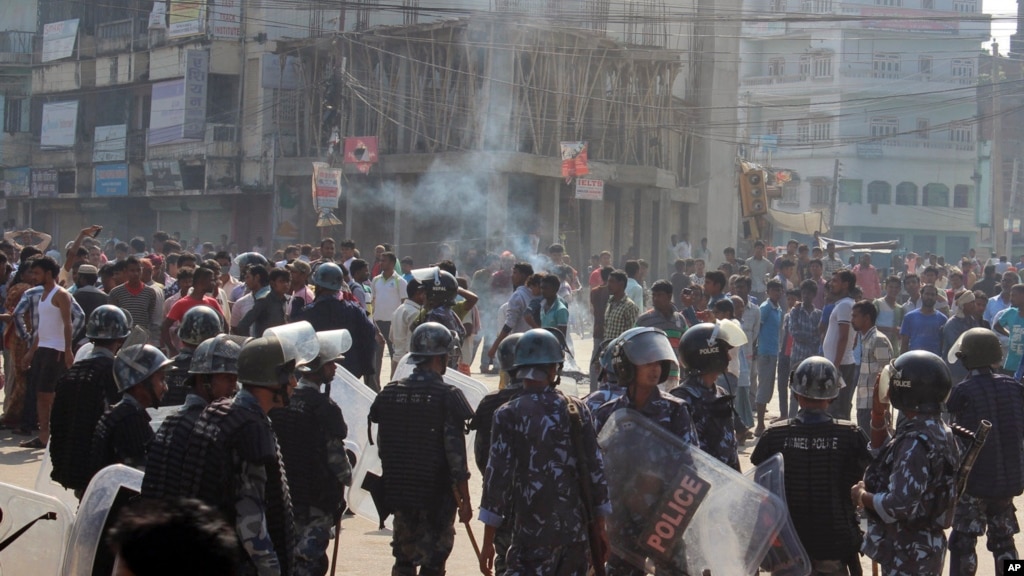28 January 2016 – Pro-Kremlin Russian nationalist politician, Eduard Limonov, has publicly called for the illegal rendition to Russia of UK-based Putin critic William Browder.
“The task of our special services is to catch Browder and bring him in a sack to Russia,” Eduard Limonov told to the pro-Putin news agency “Novy Den.” ?(http://newdaynews.ru/moskow/555722.html).
This is the second illegal rendition threat against Mr. Browder emanating from Russia. In the summer of 2014, Mr. Browder received a warning from the US Department of Justice of a similar Russian threat. The threat related to actions being put in place to “find” Mr Browder in London and “potentially return” him to Russia.
This most recent threat came just as Browder called on British Prime Minister Cameron to impose travel sanctions and asset freezes on senior officials in the Putin regime in response to the finding of the Russian state’s complicity in the Litvinenko murder which endangered lives of others in Britain.
In an open letter in the Guardian, William Browder said:
“You can’t undo an act of state-sponsored terrorism on British soil from 2006, but for the long-term safety and security of everyone in Britain you must act in a way that leaves no doubt that the UK government will not be cowed. You must stand firm and ensure serious consequences for anyone who dares to repeat such an atrocious act on British soil.“(http://www.theguardian.com/world/2016/jan/26/litvinenko-report-punish-russia-cameron-bill-browder)
Last month, on 15 December 2015, Russian General Prosecutor Chaika lashed out against William Browder, accusing him of working with Western special services to destabilise Russia by producing a corruption expose against the Russian General Prosecutor.
“I have absolutely no doubts that this mendacious movie has been ordered by W. Browder and intelligence services who are standing behind him… There is a global purpose – to compromise the Russian Prosecutor General, his regional subordinates, and once again to denounce our country as… the country worthy of economic and other sanctions,” said Russian General Prosecutor Chaika. (http://www.kommersant.ru/doc/2876887)
Mr Limonov has become an outspoken supporter of Russian President Putin. This week, he tried to dismiss the expose of corruption involving Vladimir Putin as “part of US war against Russia.”?https://www.therussophile.org/limonov-accusations-of-corruption-against-putin-are-part-of-us-war-against-russia.html/



